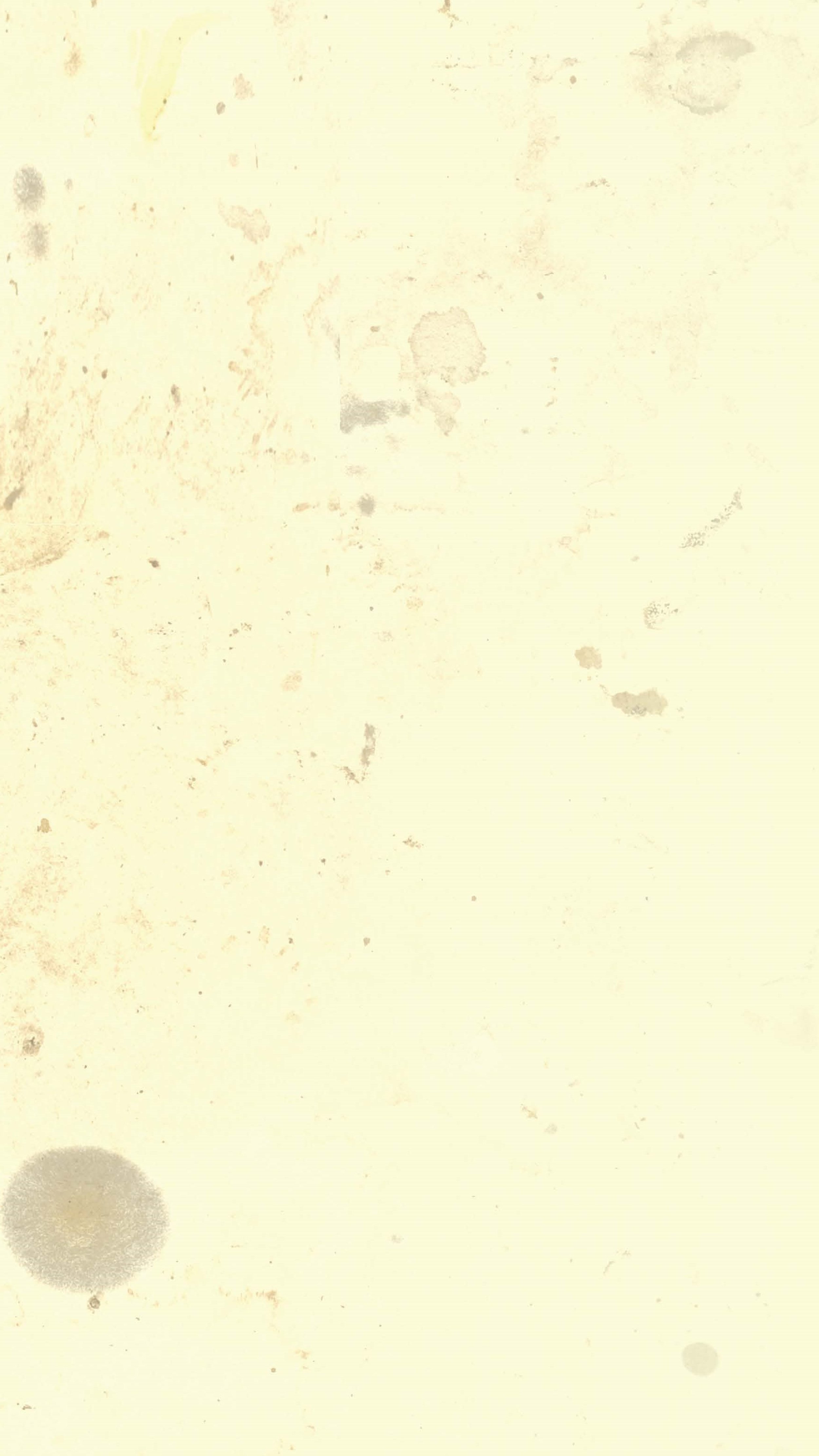
Selections from FM GALICIA
02.12
Today, I was subjected to a series of strange coincidences that could be considered magical. Because now and then when we think about someone, even subconsciously, we conjure up their image over and over throughout the day.
In the morning, I went to shave, or perhaps just wash my face. Looking in the mirror, I said to myself: “Bohumil! Hrabal!” [1] And before evening, I entered a winery. And there, the spirit of Hrabal crossed paths with me once again (surely, if he were to appear just like that it would be in the company of wine). In the winery, a visiting Czech gentleman told me about Hrabal’s death. The story was very emotional. And it was extra appealing because it wasn’t true. But the Czechs, the countrymen of the Great Bohumil Hrabal, believe in it. The Czech gentleman said the following: while Hrabal was lying in the hospital unable to use his legs, he became engrossed with some birds that were stirring just outside the window. Mr. Bohumil crawled up to the windowsill and crumbled some bread from his hospital tray for the birds. And he increasingly leaned out the window, listening in to the birds’ conversation, up until the moment that he lost his balance and fell out the window, dropping to his death.
In reality, it is a proven fact that the elderly Hrabal neglected his medicine, illness, and frailty. Maybe he wanted to take on the role of that wooden angel he had described, the one that splintered into pieces in the courtyard of a Prague church. Or maybe he had been called by one of those who had often appeared to him, and to his grandfather, and to his father after a few jugs of Moravian wine—Christ, Friedrich the Great, Lao Tse.
Hrabal is probably the greatest poet in contemporary Czech culture among those who wrote down stories they had overheard. Scraps of the conversations of ordinary citizens of Prague were ground into the well-puddled-stream of Bohumil’s fantasy and became masterpieces. The whole world knew of him, while Hrabal continued to work, either at a factory that was wreaking havoc on his brain or at a paper recycling facility to which various Prague weirdos would bring used paper. His kingdom was the enchanting Czech language, with wine, ghosts, and the tales of the half-insane and their oversaturated lives. “Bohumil! Hrabal!”—he would address his reflection with the scolding voice of his mother. The reflection was silent. And Bohumil wrote down stories. He died the same summer that those other wrinkled elders like him did—Jacques-Yves Cousteau, Bulat Okudzhava, [2] Mother Theresa.
And today, in this insinuating manner, he came to me the way that earlier, the immortal elders had come to him.
And what’s really strange—almost all people whom I admire had some kind of connection with this deceased man.
Notes
[1] Bohumil Hrabal (1914-1997) was a prominent Czech writer. He died when he fell out of a fifth-floor hospital window.
[2] Bulat Okudzhava (1924-1997) was a poet and musician of Georgian and Armenian heritage. He is considered to be one of the pioneers of the “author song” musical genre popular during the Soviet era.
Translated by Mark Andryczyk
